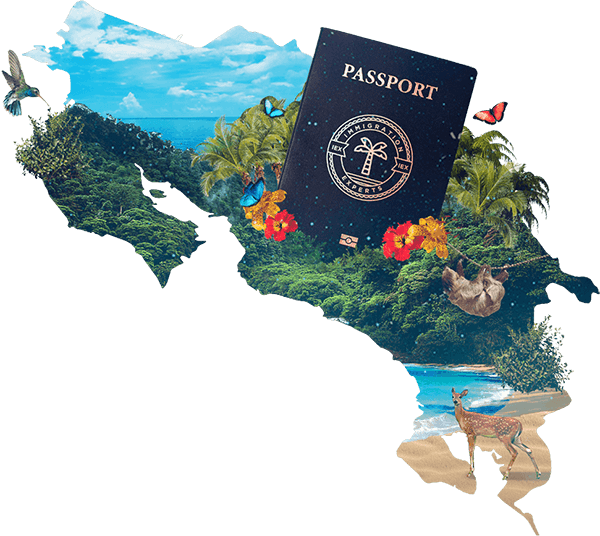Costa Rica, known for its vibrant culture and beautiful landscapes, celebrates Christmas and New Year’s with a unique blend of tradition, joy, and community spirit.
The Heart of Christmas: Family and Faith
In Costa Rica, Christmas is more than just a holiday; it’s a season of togetherness, marked by deep familial bonds and religious reverence. The festivities begin early in December with homes and streets adorned with colorful lights and intricate nativity scenes, a testament to the country’s strong Catholic faith.
Traditional Festivities and Foods
Central to the Costa Rican Christmas experience is the family gathering on Christmas Eve, known locally as ‘Noche Buena’. This is a time for a sumptuous feast, where traditional dishes like ‘tamales’ – a corn dough stuffed with a savory filling and wrapped in banana leaves – take center stage. These gatherings are filled with laughter, storytelling, and the exchange of gifts at midnight, underlining the warmth and generosity of the Costa Rican spirit.
Midnight Mass: A Spiritual Gathering
The spiritual highlight is the ‘Misa de Gallo’ (The Rooster’s Mass), a midnight mass on Christmas Eve. This mass holds great significance, bringing communities together in churches to celebrate the birth of Jesus Christ in a solemn, yet joyous atmosphere.
Welcoming the New Year
The transition to the New Year is another festive affair. Streets come alive with music and fireworks as Costa Ricans bid farewell to the old year and welcome the new with hope and celebration. The stroke of midnight is often marked by eating twelve grapes, each representing a wish for the coming months.
Unique Cultural Expressions
The holidays also showcase unique cultural traditions. The ‘Fiesta de los Diablitos’ in indigenous communities symbolizes resistance and resilience, while the ‘Tope’, a grand horse parade, exhibits the beauty of local equestrian culture.
Community and Joy
Throughout the holiday season, the sense of community in Costa Rica is palpable. Whether through shared meals, church services, or street festivals, Costa Ricans come together to celebrate, reflect, and look forward with optimism.
Embracing the Spirit of Pura Vida
The holiday season in Costa Rica encapsulates the essence of ‘Pura Vida’ – a phrase that embodies the Costa Rican approach to life, emphasizing happiness, well-being, and simplicity. Christmas and New Year here are not just about the festivities; they are a profound reflection of the values and spirit that make Costa Rica unique.
In conclusion, Christmas and New Year’s in Costa Rica are a vibrant tapestry of traditions, deeply rooted in family, faith, and community. These celebrations are a window into the soul of Costa Rica, revealing a culture that cherishes joy, togetherness, and a deep reverence for life’s blessings.








